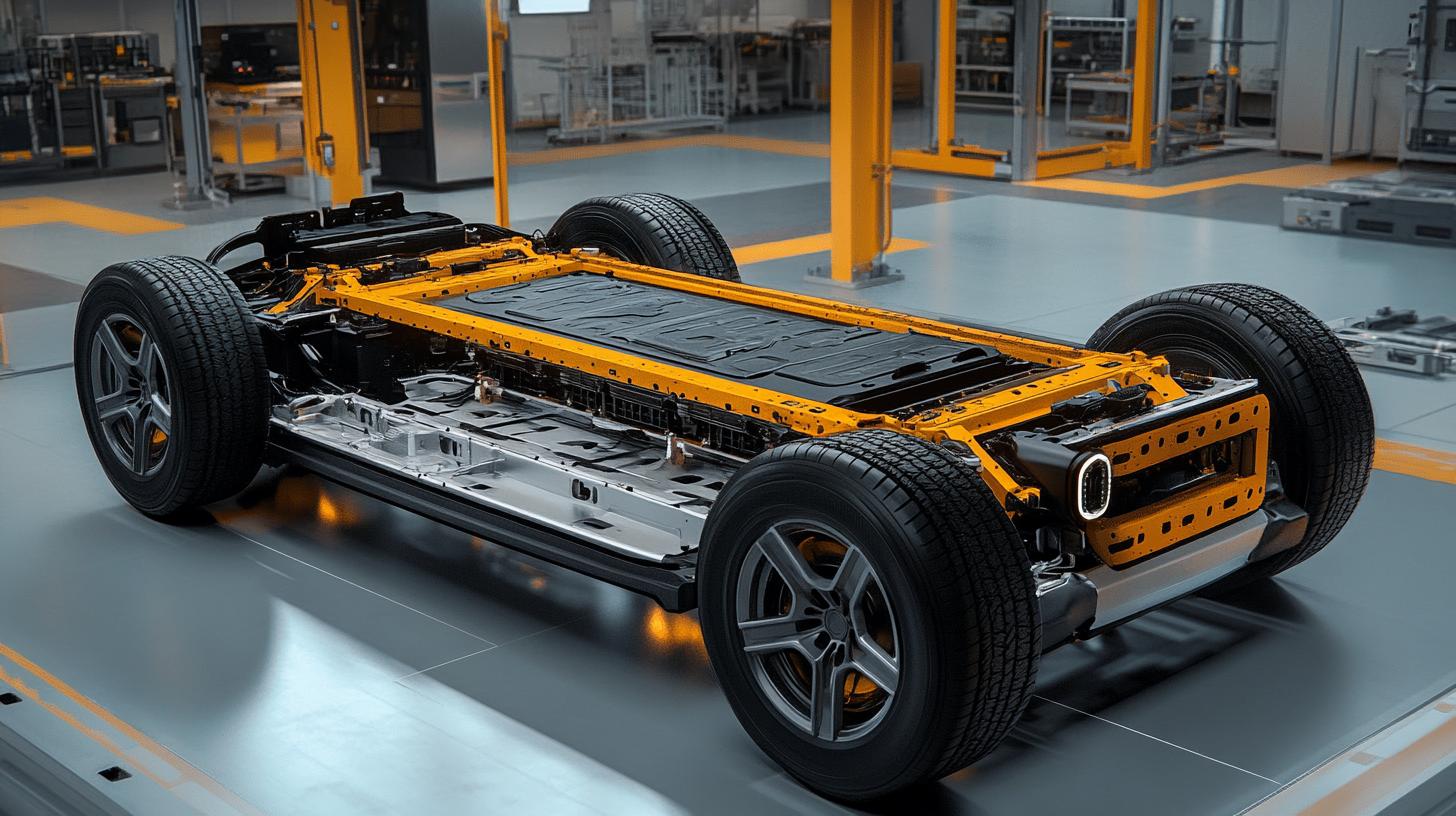In a transformative move for the electric vehicle industry, South Korea’s LG Energy Solution has secured a substantial agreement to supply batteries to the American EV manufacturer Rivian Automotive. This partnership strengthens LG’s footprint in the premium battery domain while offering a significant boost for Rivian’s upcoming models.
LG Energy Solution’s Arizona branch has finalized a deal to supply Rivian with 67 GWh of advanced cylindrical batteries over five years. These batteries, featuring a 46 mm diameter and 95 mm length, will power the upcoming Rivian R2 sport utility vehicle, expected to hit the market in 2026.
While the companies have not publicly revealed financial details, insiders speculate the agreement to be valued at approximately USD 6.7 billion. The batteries will be constructed using nickel-rich nickel cobalt manganese aluminum (NCMA) components, promising superior energy density and enhanced safety.
With dimensions enhancing energy capacity fivefold and output sixfold, these 46 mm cylindrical batteries represent a leap over traditional 21 mm cells. This evolution aligns with a growing industry trend of expanding battery form factor diversity, crucial for automakers worldwide.
David Kim, LG Energy Solution’s CEO, highlighted the significance of this order as a strategic expansion into the cylindrical battery market. The Arizona plant, set to commence operations in 2026, will focus on manufacturing these advanced batteries.
As Rivian navigates challenges such as parts shortages, it anticipates profitability by the fourth quarter, with annual gross profit forecasts by 2025. This collaborative venture with LG is set to play a crucial role in Rivian’s sustainable growth trajectory.
The Electric Revolution: How Advanced Batteries are Transforming Communities Globally
The agreement between LG Energy Solution and Rivian Automotive to supply advanced batteries signifies more than just a corporate partnership; it represents a broader impact on communities, economies, and the global transition towards sustainable energy solutions. As the world pivots towards greener technologies, the implications of such advancements reverberate far beyond the confines of boardrooms and factory floors.
New Technological Frontiers
While the LG and Rivian deal is centered around cylindrical batteries, the breakthrough lies in their design and materials. The use of nickel-rich nickel cobalt manganese aluminum (NCMA) significantly boosts both energy density and safety. This evolution means electric vehicles (EVs) can travel longer distances on a single charge, potentially reducing “range anxiety” among consumers. As these technologies advance, they spur a chain reaction of innovation across various industries, from electronics to renewable energy storage solutions.
Economic and Environmental Impact
The establishment of LG Energy Solution’s manufacturing operations in Arizona is poised to have substantial economic benefits for the region. It not only creates jobs but also attracts ancillary industries, from raw material suppliers to tech startups focusing on battery recycling and beyond. Yet, this shift to advanced batteries isn’t without its environmental challenges. The sourcing of the materials used in NCMA components needs cautious management to avoid ecological degradation and ensure ethical practices. Thus, the balance between economic growth and environmental sustainability remains a central discussion point.
Societal Controversies
Despite the promises of advanced battery technology, controversies persist. One pressing question is how these developments will affect global supply chains, especially considering the geopolitical nature of material sourcing. Countries rich in nickel and cobalt reserves may find themselves in stronger negotiation positions, potentially leading to monopolistic practices that could impact international markets. Moreover, the environmental toll of mining operations raises ethical concerns about pursuing sustainable energy at the cost of planetary health.
Advantages and Disadvantages Explorer
Advantages:
– Innovation in Mobility: This technology can revolutionize transportation, making EVs more accessible and reliable.
– Job Creation: New manufacturing facilities mean more employment opportunities and economic growth in host regions.
– Environmental Benefits: The switch from fossil fuels to electric can significantly reduce greenhouse gas emissions.
Disadvantages:
– Material Scarcity: The focus on specific materials like nickel and cobalt raises concerns about long-term availability and environmental harm.
– Infrastructural Challenges: The existing power grid and charging networks need scaling to accommodate increased EV use.
– Global Inequality: Energy transitions can exacerbate inequalities between resource-rich and resource-poor regions.
Addressing Common Questions
What does this mean for consumers?
Consumers will benefit from more reliable and efficient EVs, potentially at lower costs due to economies of scale resulting from such large partnerships. However, they may also face challenges related to the current inadequacy of charging infrastructures.
What are the alternatives for the materials used in these batteries?
Alternative materials and battery technologies are in research phases, such as solid-state batteries, which promise even higher efficiency and safety with reduced reliance on scarce materials.
How can countries prepare for these changes?
Countries can invest in research and development to diversify battery technologies, enhance regulatory frameworks to manage ethical sourcing of minerals, and upgrade infrastructure to support widespread electric mobility.
For more detailed insights and developments in the electric vehicle and battery industry, you can visit LG Corporation and Rivian Automotive.

